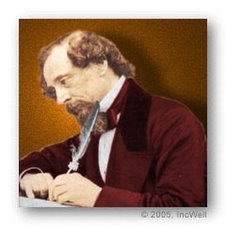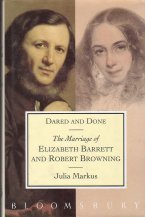Rupert Brooke was among the first of Britain's "war poets". He became a hero to his country because of his patriotic poem, "
The Soldier", because it related to the temperament of of his people. Brooke was very honest as to what could possibly be the fate of the soldiers in this war including his own demise. In the poem you can feel the fear and the dedication that this soldier has for his life and for his country. I can see why he was considered a hero for his country, because he expressed the common thoughts of the land, those in battle and of those who were waiting for their return.
The Solider
If I should die, think only of me :
That there's some coner of a foregin field
That is forever England. There shall be
In that rich earth richer dust concealed;
A dust whom England bore, shaped, made aware,
Gave, once, her flowers to love, her ways to roam,
A body of England's, breathing English air,
Washed by the rivers, blest by suns of home.
And think, this heart, all evil shed away,
a pulse in the Eternal mind, no less
Gives somewhere back the thoughts by England given,
Her sights and sounds; dreams happy as her day;
And laughter, learnt of friends; and gentleness,
In hearts at peace, under an English heaven.
I know that this poem displays the seniments of the British, but I also feel that this poem describes the feeling of all soldiers, their loved one's, and the country that they represent as whole feel this way. I feel that its a wonderful, expressive poem.


